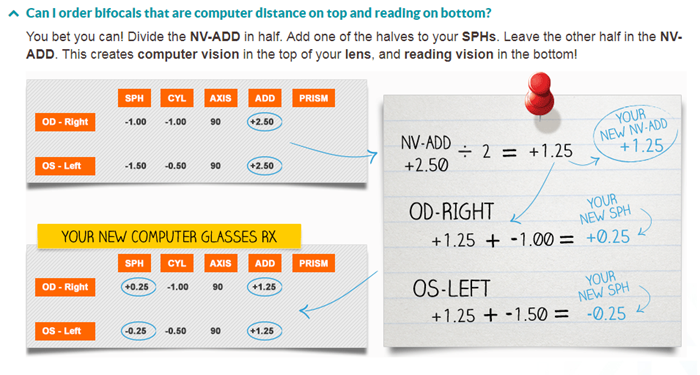eytonxav
Give me a museum and I'll fill it. (Picasso) Give me a forum ...
I wear progressive lens glasses that have a 1.5 adjustment for reading and I basically wear them all the time, although I can get by without glasses more so for distance than up close. I have heard that computer glasses should be 1/2 the power of reading glasses as the distance to the screen is further than when reading a book. For those that wear computer glasses with an Rx factor, how do you like them and do you believe it's worth buying a pair for computer use? Also, what about blue light filtering, good, bad or meaningless?

